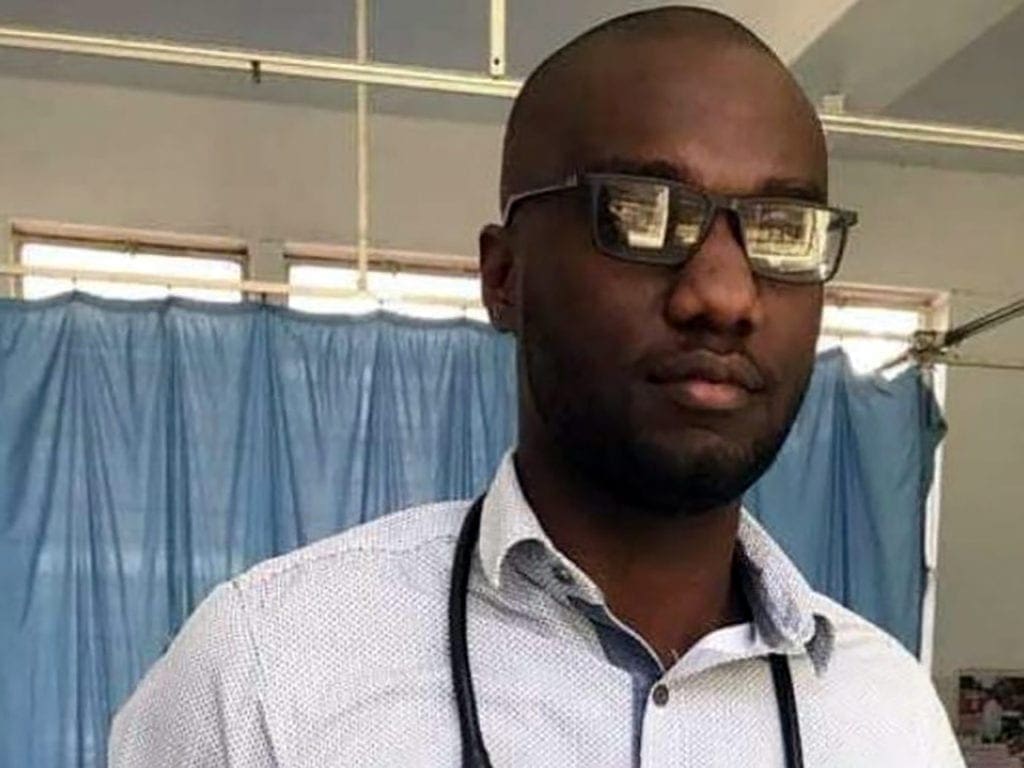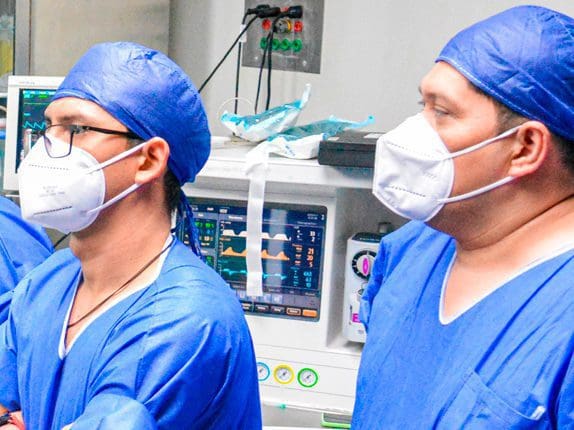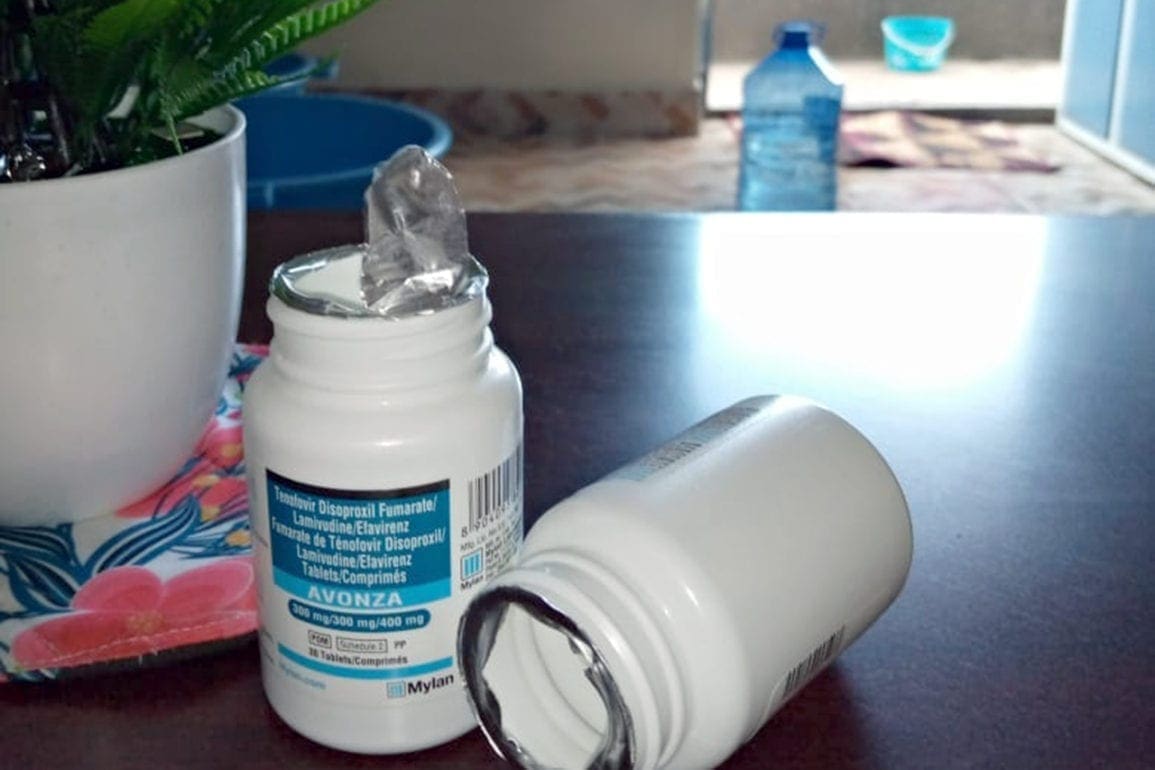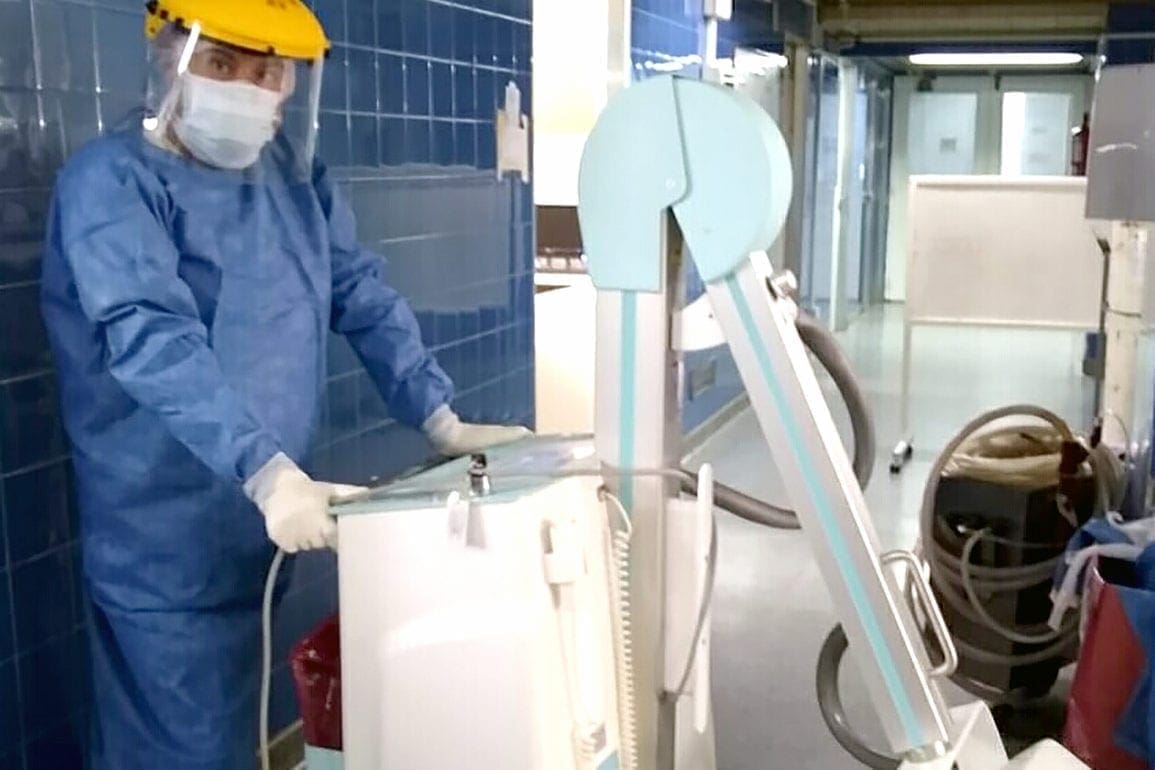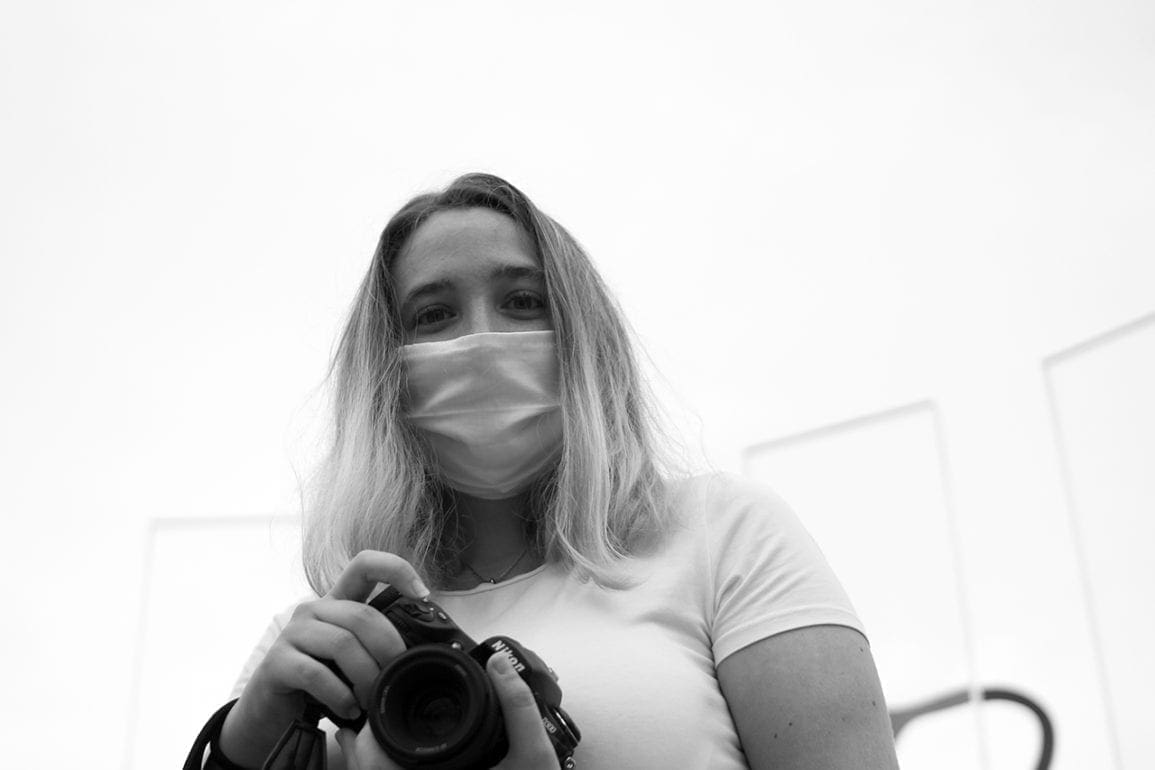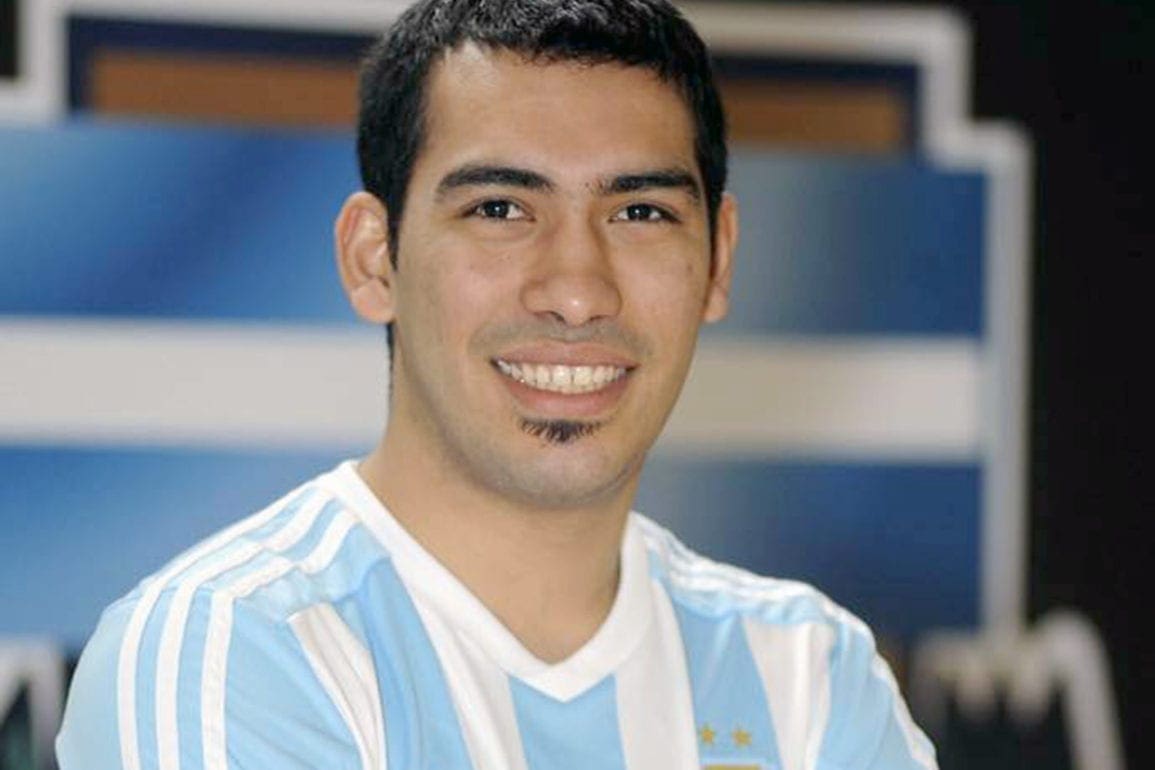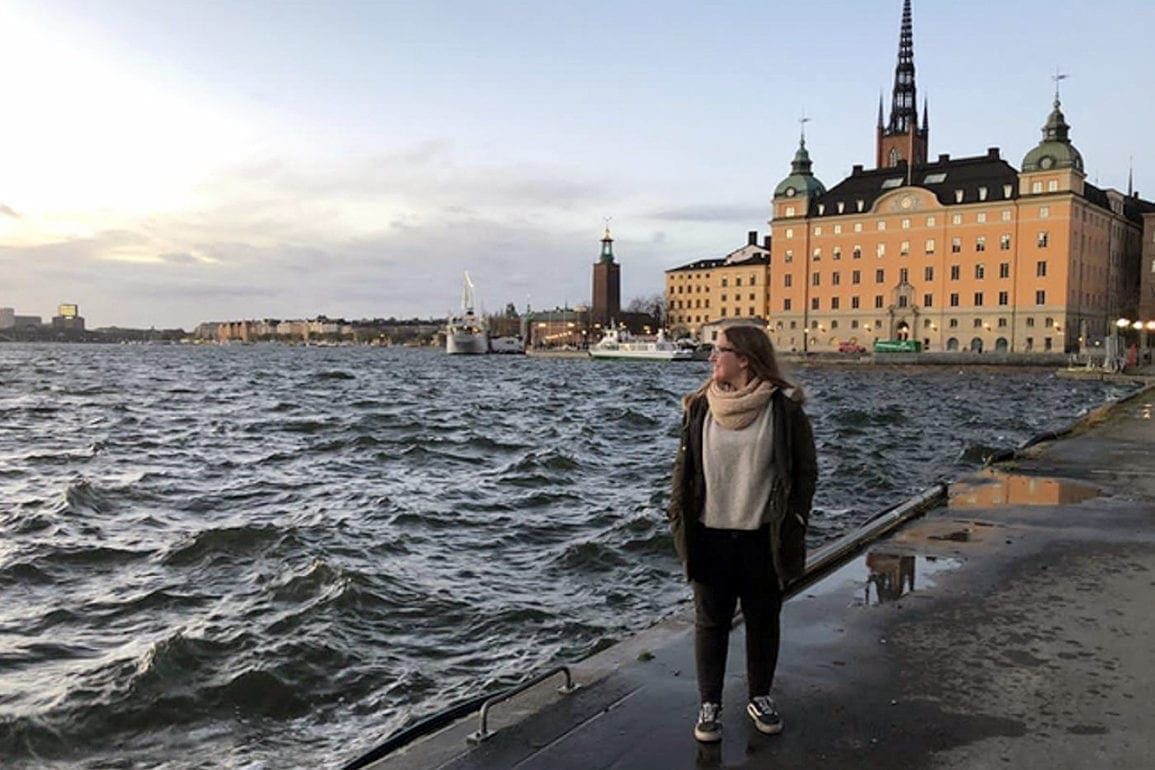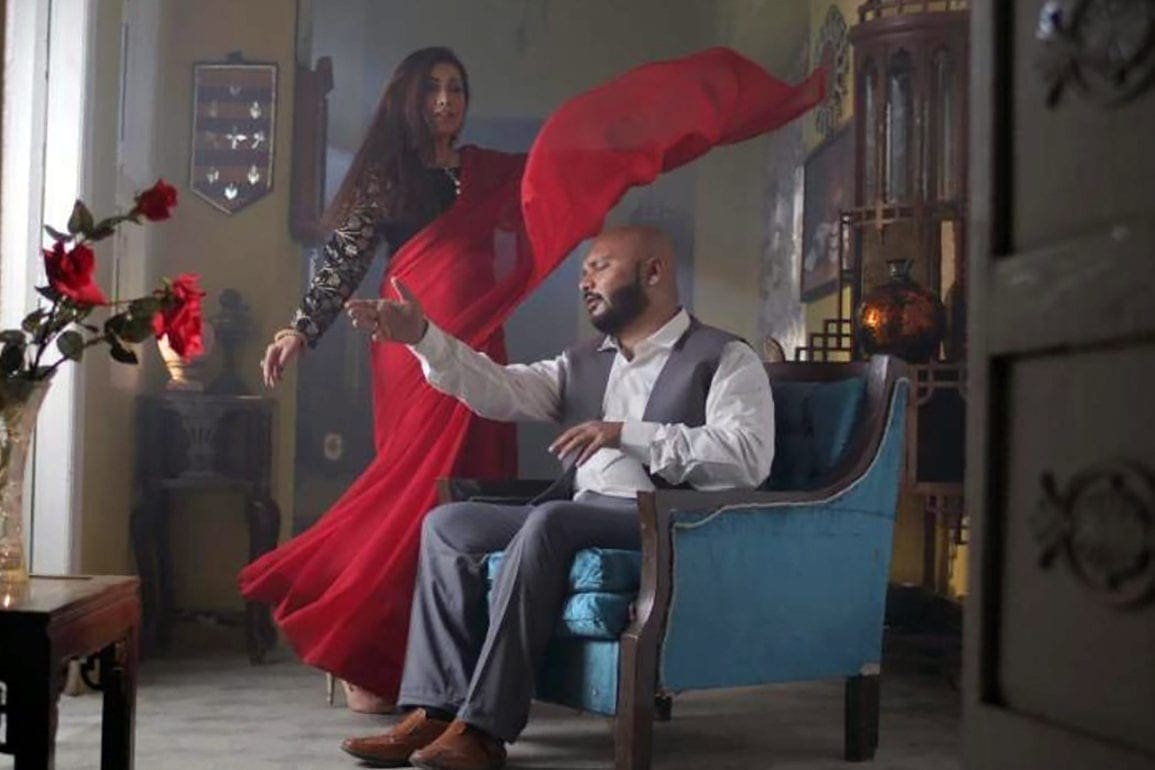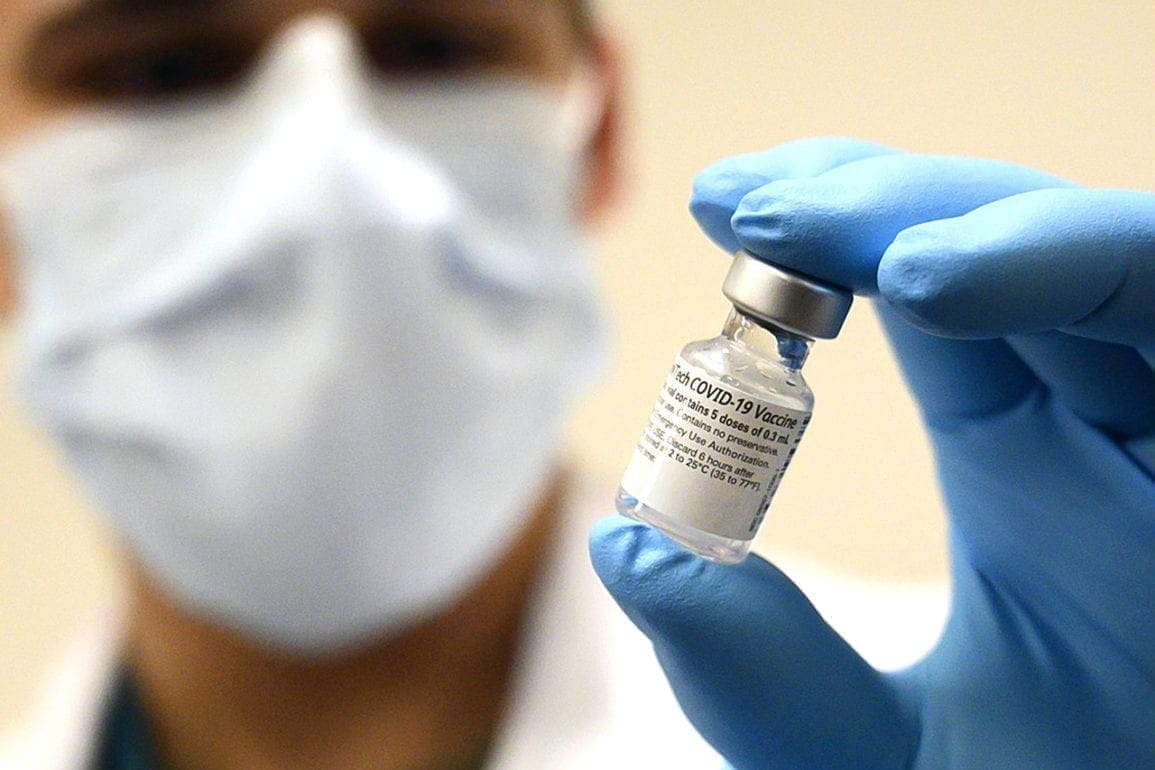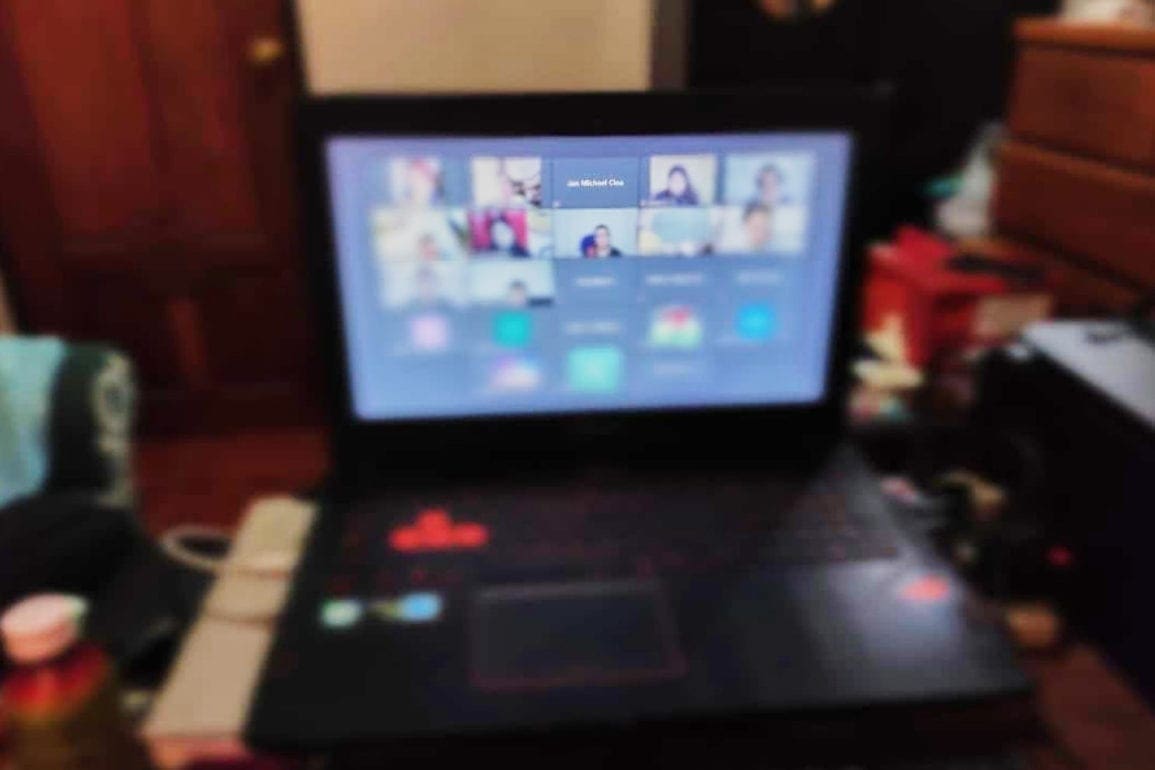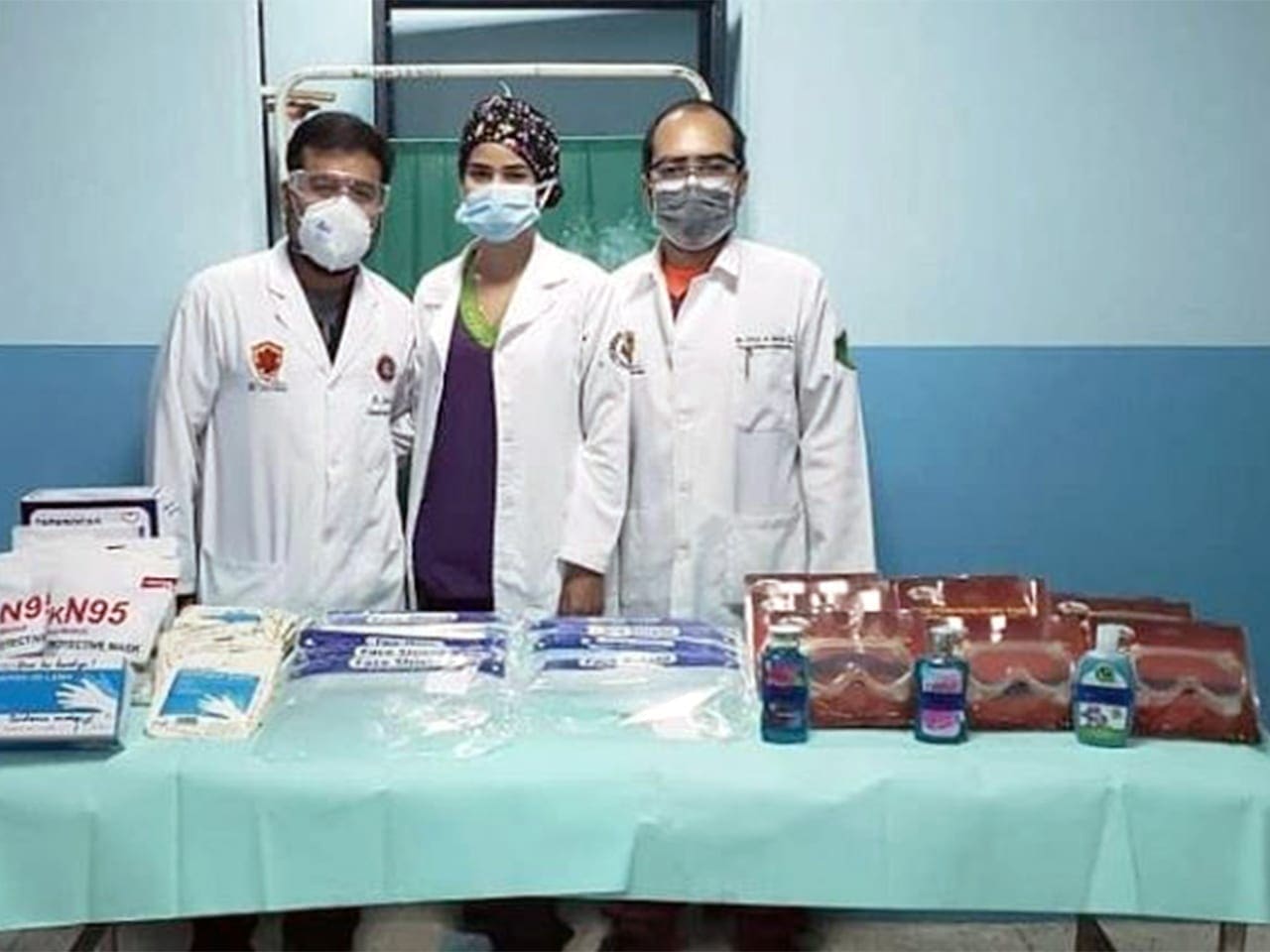Zimbabwean doctors lack equipment to fight COVID
We had no pre-existing notion of the barrel we would be staring down when COVID-19 hit.
- 5 years ago
December 30, 2020

PLUMTREE, Zimbabwe—I remember when I first heard about this highly contagious virus in China.
It was February 2020 when the Zimbabwean Ministry of Health and Child Care began to caution medical professionals about the dangers of the coronavirus. But, like many other governments and professionals in hospitals across the globe, we were far from ready.
We had no pre-existing notion of the barrel we would be staring down when COVID-19 hit. But, I value peoples’ lives. That’s why I put my own life at risk by working without adequate equipment.
Before a vaccine was found, going to work was terrifying. I had little personal protective equipment and little faith in our government, especially when we watched as developed countries suffered. Meanwhile, doctors and nurses in Harare went on strike to protest the lack of equipment.
In May 2020, according to NPR, nearly 300 U.S health care workers had died from coronavirus and more than 60, 000 nurses had been infected. I was on duty here in Zimbabwe when the news broke. I knew that, if it was happening in the first-world with appropriate health facilities, it was going to be worse in Zimbabwe.
It has been months since our first case, yet we still face a myriad of problems at work. Gloves are difficult to find, and masks are a rarity. We are compelled to acquire our own as we await further government aid.
We’ve received aid in the form of PPE and doctors from foreign countries and NGOs, but until our government furthers the work we do as doctors, our lives will be at risk.
Doctors’ work diminished
As a professional doctor, I feel underrepresented by those in the office of power who are supposed to listen to our concerns that we still face a shortage of adequate PPE to protect ourselves in the face of the increasing numbers of COVID-19 cases.
There are isolation centers for confirmed COVID-19 cases where I participate. Those isolation centers are poorly equipped. Monitors are few and far between, oxygen pipes are lacking and ICU beds are nonexistent. It’s demotivating for medical professionals to put their lives at risk when our safety is within reach and reason.
My government needs to address this urgently. I’m scared to provide my service under these dangerous conditions.
Overworked and underpaid
When I look at my salary, I ask myself why I risk my life when the work I do is underappreciated, especially during the global pandemic.
And what happens if I get sick? Colleagues of mine were infected while attending COVID-19 patients. Some of them had to cover their own medical bills.
Facing these harsh and avoidable circumstances during COVID-19 has spread fear and doubt within me.
As doctors in Zimbabwe, we need representation. Every day, we put our lives on the line.

